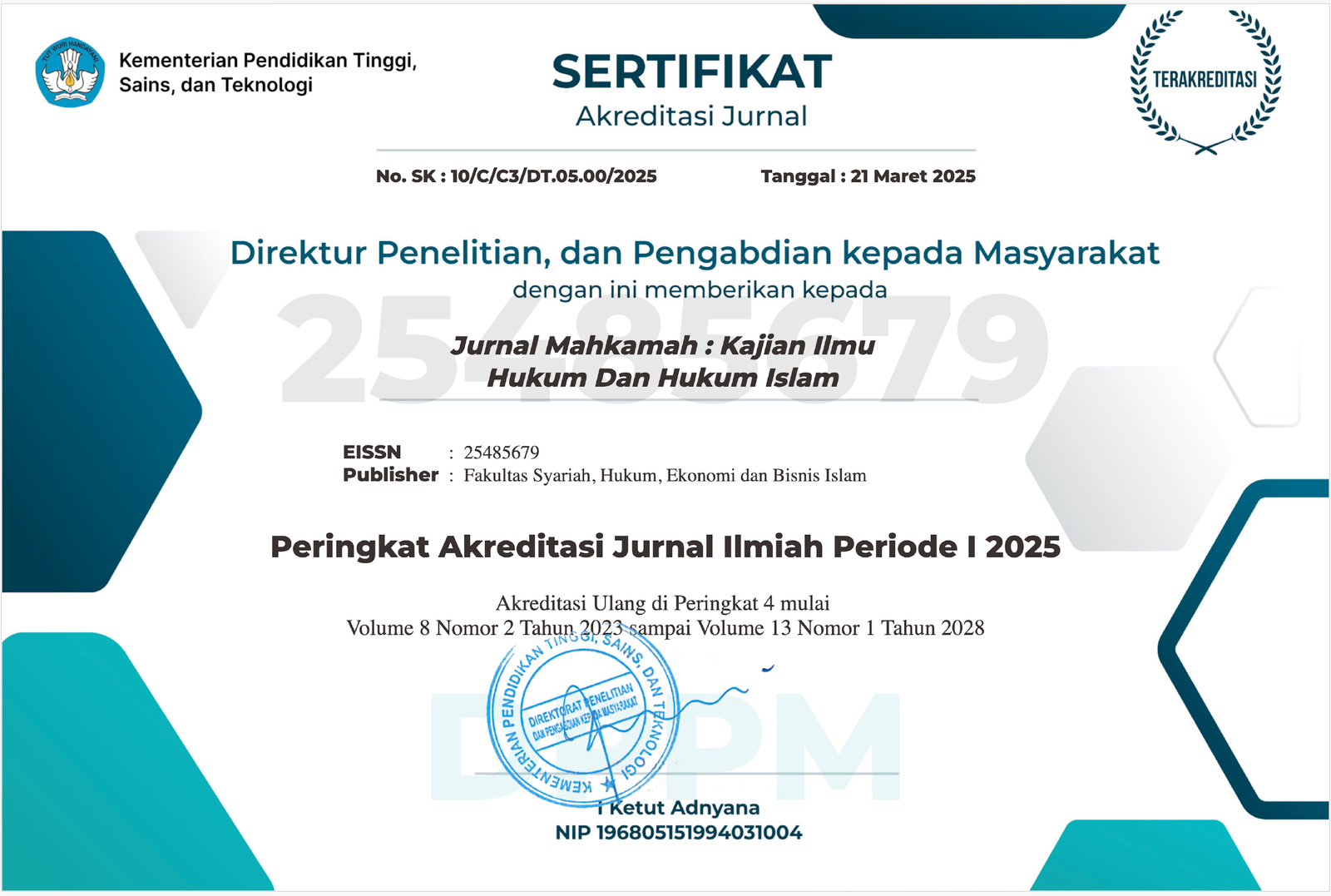HAKIKAT SERVICE QUALITY PADA NASABAH BANK SYARIAH MELALUI CUSTOMER SATISFACTION SEBAGAI KETAATAN HUKUM
DOI:
https://doi.org/10.25217/jm.v1i1.36Keywords:
Service Quality, Customer Satisfaction, Islamic BankingAbstract
The purposes of Islamic Banking in general are as social institutions and providers of welfare effects for society. The noble goals will not be realized, if not the totality of Islamic Banking in improving service quality to customers as a form of good governance. Service quality in Islamic banking can be seen from the customer satisfaction in enjoying the quality of service desired by the customer and in accordance with the concept of Islam which require glorifying customers. Implement of customer satisfaction is the duty and obedience Islamic Banking regulated in Act No. 21 of 2008 on Islamic Banking.
Downloads
Published
How to Cite
Issue
Section
License
This work is licensed under a Creative Commons Attribution-ShareAlike 4.0 International License.
Authors retain copyright and grant the Jurnal Mahkamah : Kajian Ilmu Hukum Dan Hukum Islam right of first publication with the work simultaneously licensed under a Creative Commons Attribution License (CC BY-SA 4.0) that allows others to share (copy and redistribute the material in any medium or format) and adapt (remix, transform, and build upon the material) the work for any purpose, even commercially with an acknowledgment of the work's authorship and initial publication in Jurnal Mahkamah : Kajian Ilmu Hukum Dan Hukum Islam.
Authors are able to enter into separate, additional contractual arrangements for the non-exclusive distribution of the journal's published version of the work (e.g., post it to an institutional repository or publish it in a book), with an acknowledgment of its initial publication in Jurnal Mahkamah : Kajian Ilmu Hukum Dan Hukum Islam.
Authors are permitted and encouraged to post their work online (e.g., in institutional repositories or on their website) prior to and during the submission process, as it can lead to productive exchanges, as well as earlier and greater citation of published work (See The Effect of Open Access).









